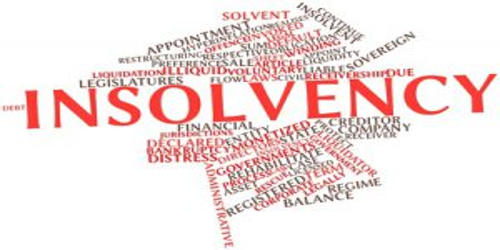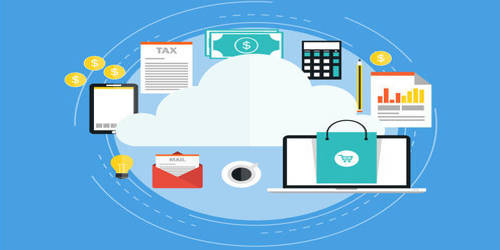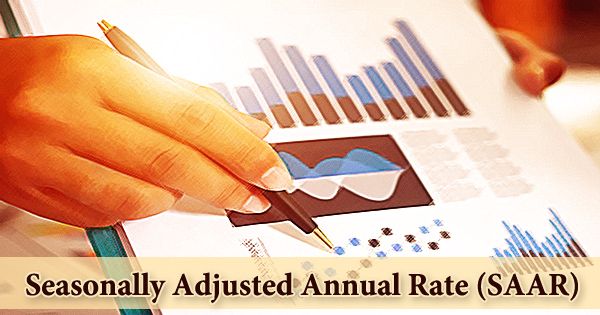Insolvency is the state of being insolvent. It is the state of being unable to pay the money owed, by a person or company, on time; those in a state of insolvency are said to be insolvent. is a term for when an individual or organization can no longer meet its financial obligations to its lenders as debts become due. There are two forms: cash-flow insolvency and balance-sheet insolvency.
Insolvency can arise from poor cash management, a reduction in cash inflow, or an increase in expenses. Cash-flow insolvency is when a person or company has enough assets to pay what is owed but does not have the appropriate form of payment. When you can’t pay a debt because you don’t have the money, you are cash-flow insolvent. For example, a person may own a large house and a valuable car, but not have enough liquid assets to pay a debt when it falls due. Cash-flow insolvency can usually be resolved by negotiation. For example, the bill collector may wait until the car is sold and the debtor agrees to pay a penalty. A company’s hiring of inadequate accounting or human resources management may contribute to insolvency.
It is different from bankruptcy, which is the actual legal process dictating how an individual will repay their creditors. Balance-sheet insolvency is when a person or company does not have enough assets to pay all of their debts. Businesses commonly use a balance sheet insolvency test to decide whether to take steps to stay afloat or file bankruptcy. The person or company might enter bankruptcy, but not necessarily. Financial trouble is chronic; not paying your bills is acute since that’s the moment when a problem becomes a personal crisis. Once a loss is accepted by all parties, negotiation is often able to resolve the situation without bankruptcy. Bankruptcy is an actual court order that depicts how an insolvent person or business will pay off his creditors, or how he will sell his assets in order to make the payments.
Individuals and businesses can become insolvent for a vast number of reasons, but some of the most common include:
- Job loss or salary reduction
- Divorce
- Medical bills
- Imprudent use of credit
- Financial mismanagement, etc.
Insolvency is a type of financial distress, meaning the financial state in which a person or entity is no longer able to pay the bills or other obligations. A company that is a balance-sheet insolvent may still have enough cash to pay its next bill on time. It is the state that a company or individual enters when they are not able to pay their debts. However, most laws will not let the company pay that bill unless it will directly help all their creditors. For example, an insolvent farmer may be allowed to hire people to help harvest the crop, because not harvesting and selling the crop would be even worse for his creditors. If it is the case that your company is insolvent, you need to take advice immediately.
















